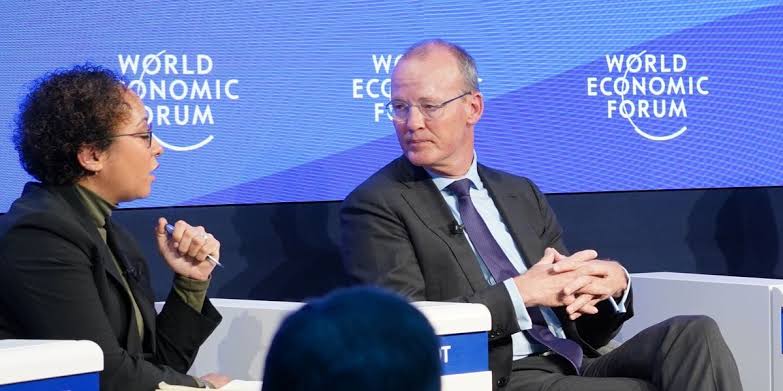The Financial Stability Board (FSB), which keeps an eye out for systemic risk in the global financial system, announced that it will be delving more into the problems that stablecoins in emerging and developing nations present. According to a statement released on Friday, the decision was made at a meeting of the FSB’s plenary, which is the only body that makes decisions for the standard-setting and advising body, in Toronto. A stablecoin is a type of cryptocurrency where its value is linked to another asset, such gold or the US dollar.
One of the primary designers of international crypto policy has been the FSB. It co-authored a joint policy paper on cryptocurrencies with the International Monetary Fund last year, cautioning against enacting broad prohibitions in an effort to reduce the risks connected to the industry. Members of the FSB talked about topics that “warrant further attention” in the cryptocurrency industry during their meeting last week. “In emerging market and developing economies (EMDEs), crypto-assets pose particular challenges for monetary policy and capital flow management,” according to the FSB. “Members talked about the risks and difficulties associated with the comparatively greater adoption rates of global stablecoin arrangements in EMDEs. The FSB will carry out additional research to examine potential solutions for these problems.”
One bone of contention between the larger G20 and the largest industrialized nations in the Group of Seven (G7) has been stablecoin regulation. Even after the conclusion of a G7 summit in Italy last week, those disagreements still seem unsolved.


